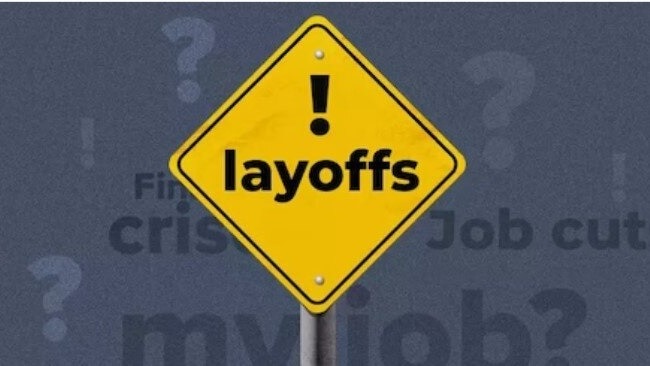Zoho founder Sridhar Vembu believes the real threat to the software job market isn’t AI—at least not yet. In a X post, Vembu noted that while vendors are promising major savings by cutting jobs through AI, “at least so far,” the labor market impact has been “small.”
He said it was important to stay mindful of the gap between hype and reality when evaluating any new technology.
Vembu added that although AI is advancing rapidly, its direct impact on employment has been limited so far. “The field is moving fast and I personally believe there will be impact but we have not seen the impact yet. It is always good to be aware of hype vs reality when evaluating any technology,” he wrote.
Responding to his post, one user said, “Good to know, but it’s always a short-term relief. AGI flips a lot of things, whenever it comes. Until then, it’s good to upskill and do hard things that impact human lives.” Another user noted, “There is no debate on that. But when, how each market, positions will be impacted negatively will not be predictable. But wiser would be for workforce to #Learn to use #AI. Human-machine interface will always require human labour!”
Earlier, Vembu had outlined a deeper structural issue weighing on the software job market. He said that inefficiencies in the industry were not caused by AI but by decades of overcapitalization through venture capital, private equity, and IPO-driven funding.
“Software vendors applied liberal doses of marketing spending to spread Fear (of missing out) and Uncertainty (‘tech is changing, you need us’) and Doubt (‘are you confused? trust us’) among corporate customers and the result was ever growing IT spending,” he said.
Vembu argued that bloated IT systems created massive inefficiencies, much of which were outsourced to Indian IT services firms. “For every inefficient process that required five people in the West, Indian IT firms often assigned three or four times as many workers to maximize billable hours,” he said.
He contrasted this with Indian banks and financial institutions, which, due to tighter budgets, built leaner and more efficient IT systems.
Vembu warned that the lack of incentives to drive efficiency has left the industry vulnerable. AI, while not yet replacing jobs at scale, is already exposing decades of accumulated inefficiencies.
“Those floods are now history and we have a serious drought. That is why I am pessimistic about the software job market, even before accounting for AI,” Vembu said.







